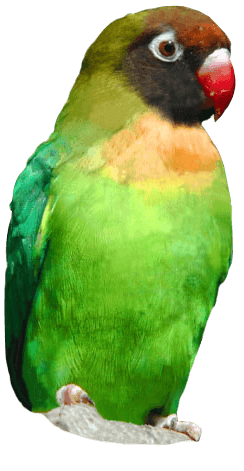
TarAngela Untangles the Web of Lies Surrounding Spiders
Spider Saturday took place at Drusillas Park at the weekend, drawing in eight legged enthusiasts from around the south.
Drusillas Park’s resident spider expert Angela Hale was on site throughout the day with a large collection of her mini monsters. Nicknamed TarAngela by her colleagues at the zoo, Angela knows pretty much all there is to know about spiders and looks after around 150 different arachnids at home in her spare bedroom.

She and her entourage were camped out in the Discovery Centre throughout the day answering questions and dispelling some of the myths surrounding these curious creatures. Here are her replies to some of the most commonly asked questions:
Can tarantulas kill humans?
Angela: No, there has never been a confirmed case of a tarantula causing a human fatality. Although all tarantulas are venomous, most are likely to retreat rather than confront people. If bitten, the effects are similar to a mild bee sting. I myself have been bitten by a tarantula and I am still here to tell the tale!

Will putting conkers in our homes keep spiders at bay?
Angela: This is an old wives tale. Conkers do not keep spiders away but coincidently around the time that conkers fall from the trees, our spiders do become less visible as they find warm places to hide from the cold. This will lead people to believe that the conkers are doing their job.


How many eyes does a spider have?
Angela: Almost all spiders have eight eyes located on the top of their carapace (posh name for their head!)
 Do all spiders have poison?
Do all spiders have poison?
Angela: Almost all spiders are venomous with the exception of the Uloboridae family. Most use their venom to subdue prey.


Are false widows dangerous?
Angela: Steatoda nobilis colonised the UK in the 19th century and is known as the false widow due to the close resemblance it shares with the black widow. It is regularly referred to as Britain’s most venomous spider, although no one has ever died of a spider bite in the UK. They are harmless. If you spot a false widow in your house and you do not wish for it to remain there, please remove it humanely by collecting it up in a container and relocating it to the garden.







